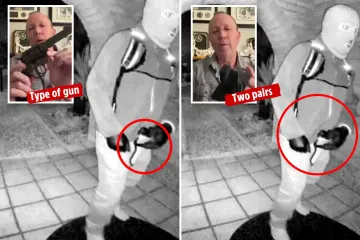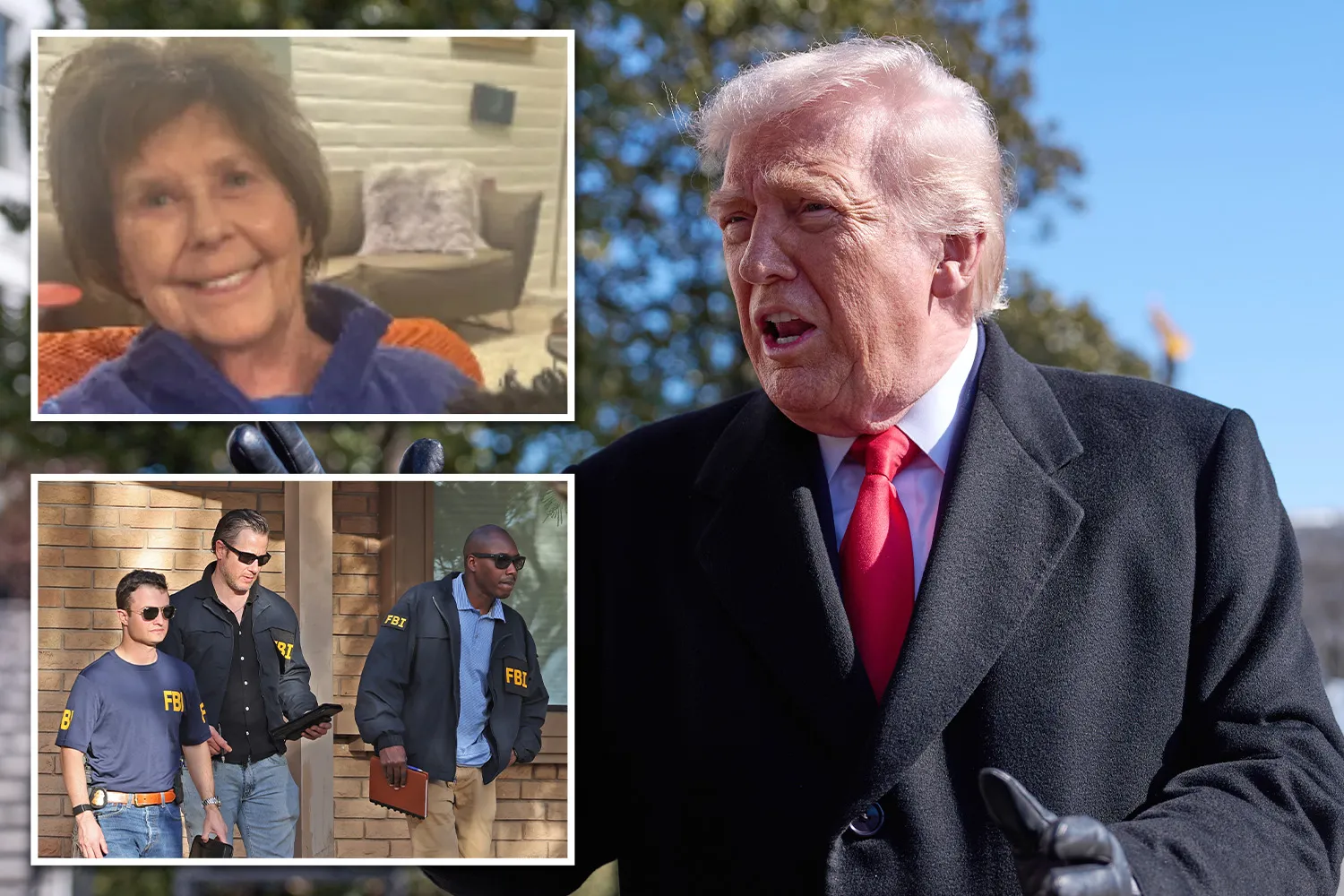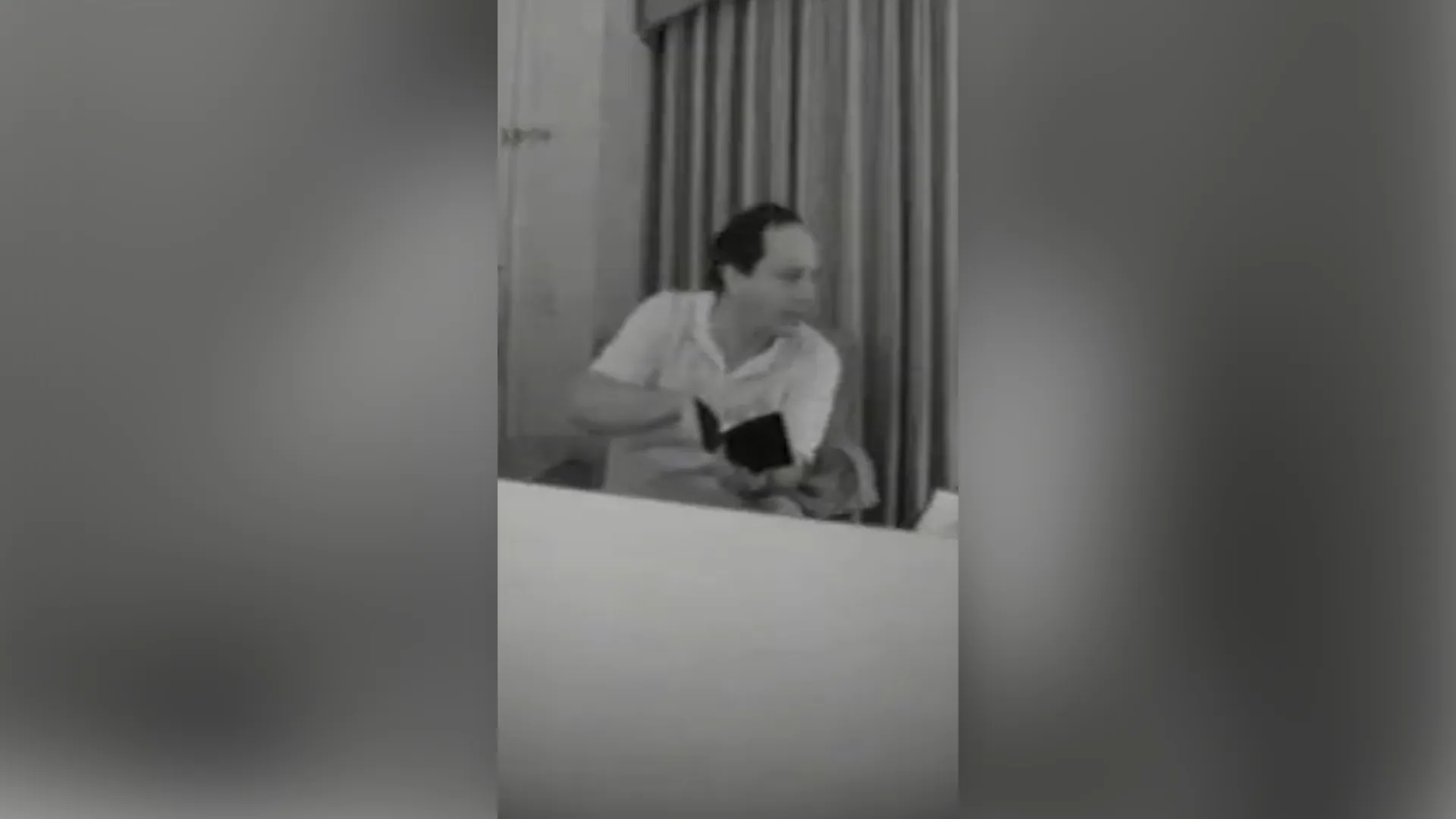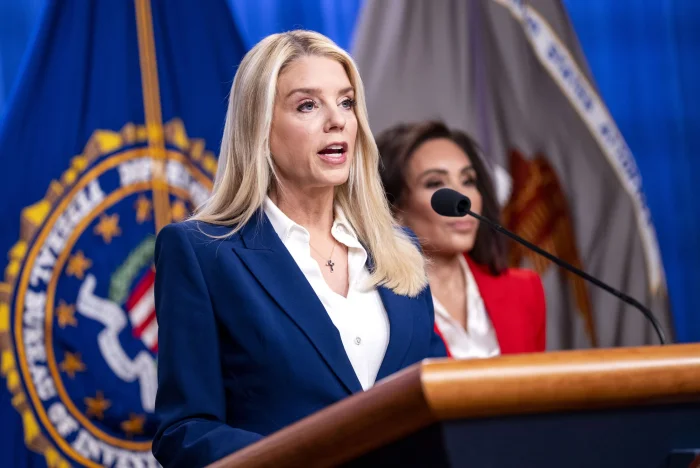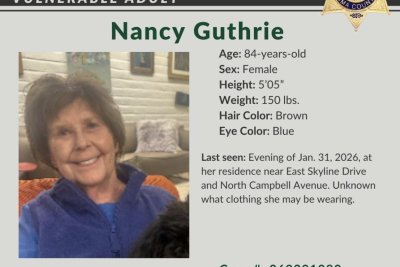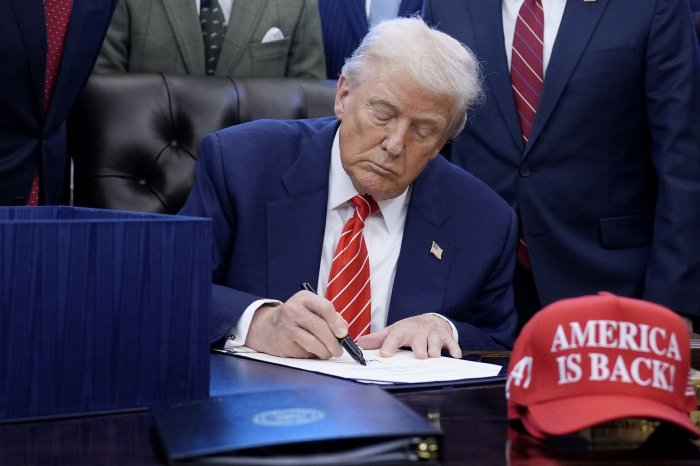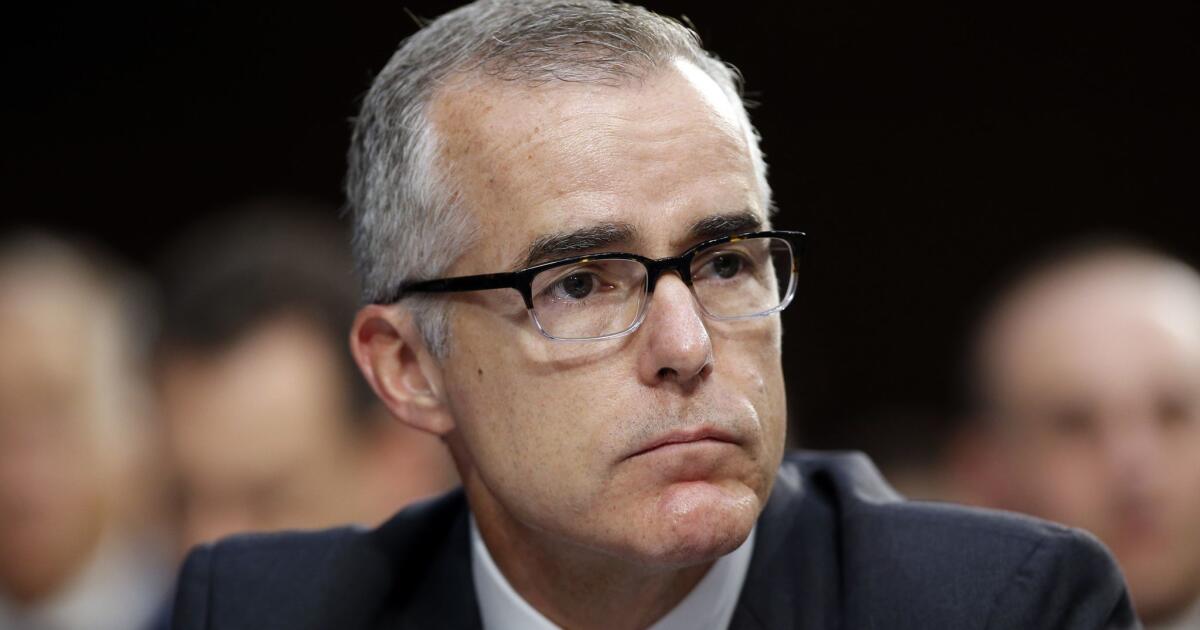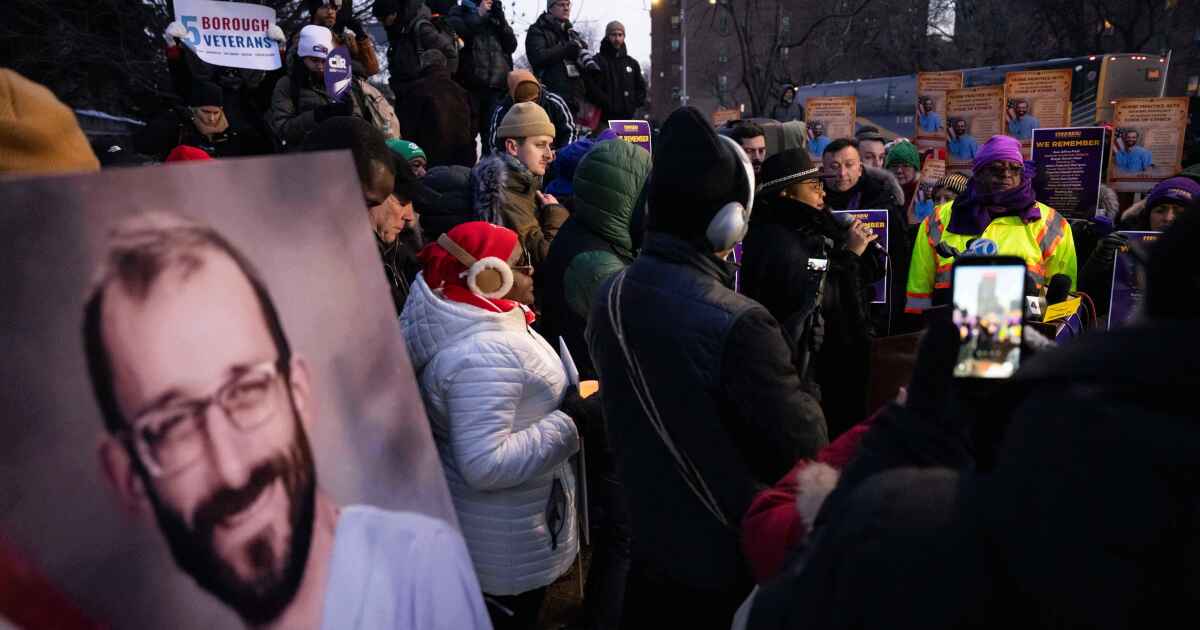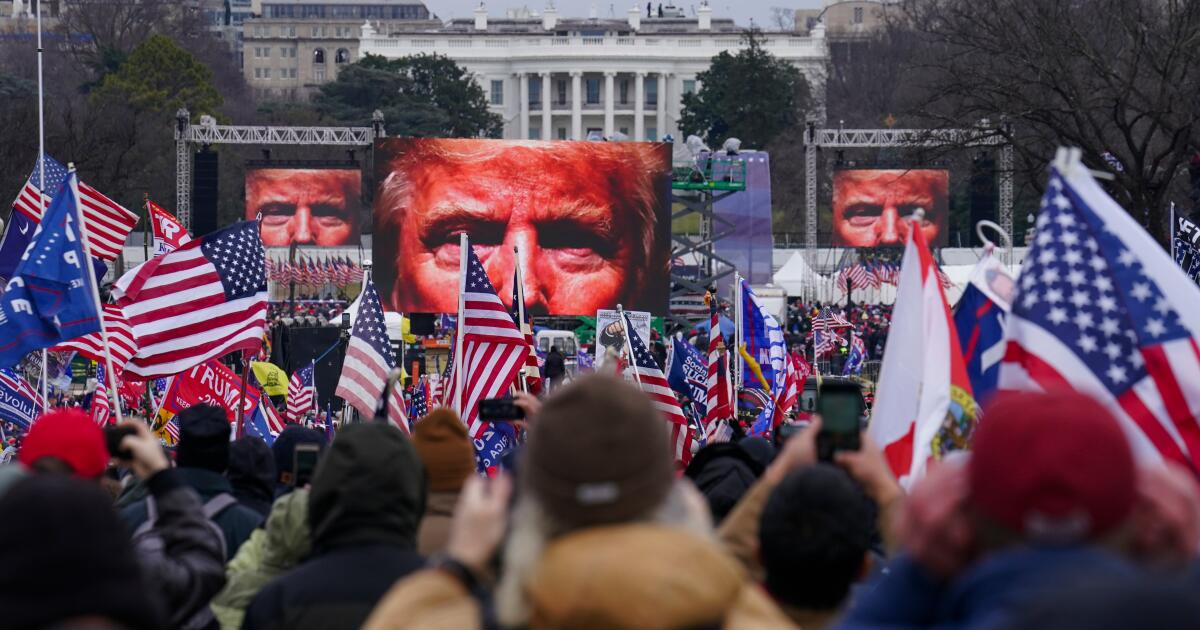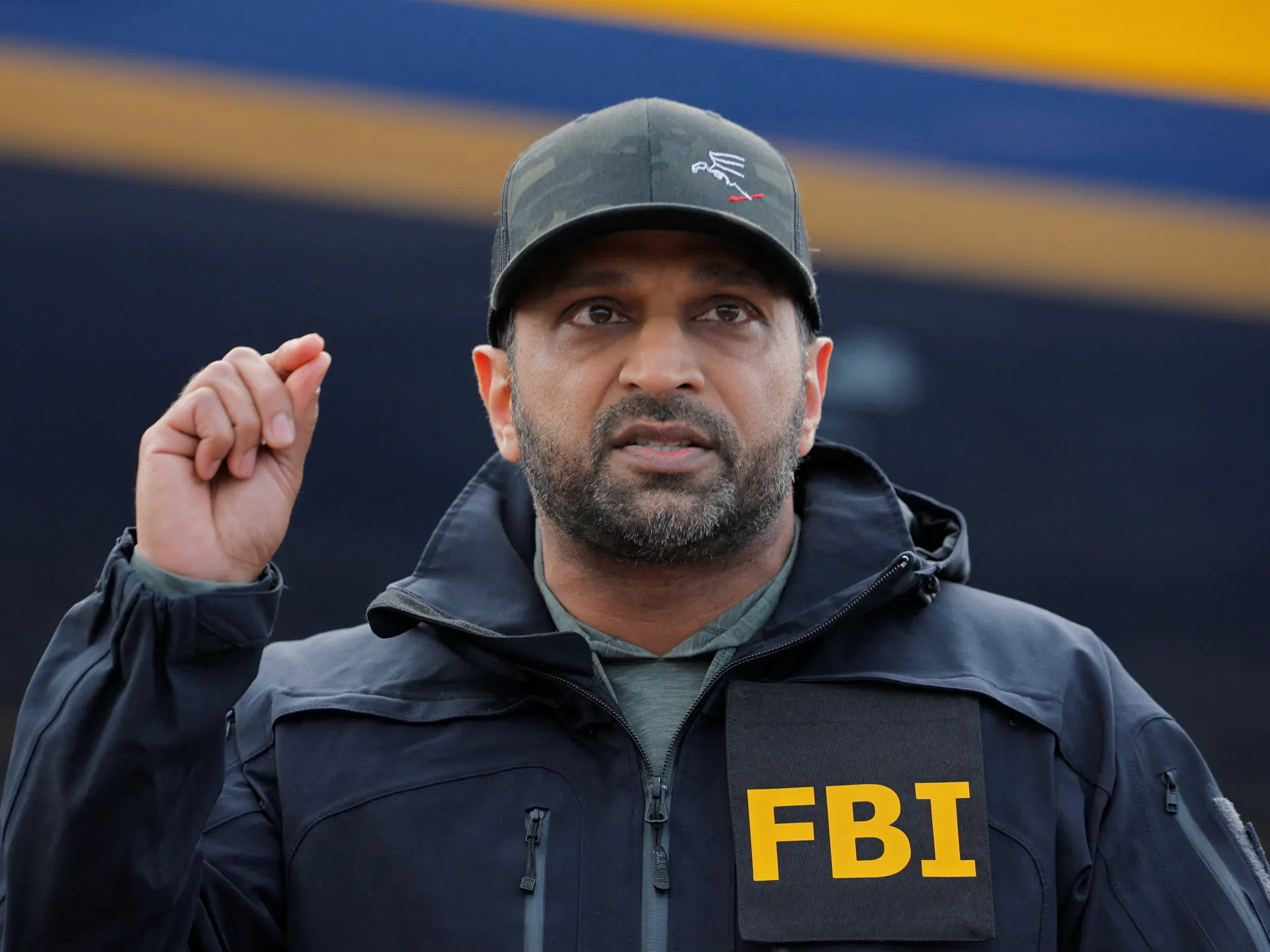Mystery DNA found in Nancy Guthrie home doesn’t belong to anyone ‘close’ to her, sheriff reveals as probe may last YEARS
MYSTERY DNA found inside Nancy Guthrie’s home does not belong to anyone “close” to her, it has been confirmed.
The unidentified DNA, which was found on the missing 84-year-old woman’s Tucson, Arizona, property is a focus of the investigation, Pima County Sheriff Chris Nanos said.
Despite the breakthrough, the sheriff issued a devastating update on the case.
He did not explain where the DNA was found in the home.
Questioned on whether authorities believe they are close to finding Guthrie, Nanos said: “Some of these cases take months, some take years.”
Guthrie, the mom of “Today” show anchor Savannah Guthrie, has been missing since February 1.
Authorities are currently working with their contracted forensic lab in Florida to analyse the biological evidence.
Nanos pushed back on criticism over evidence handling, saying the decision to send biological evidence to the Florida lab reflects long-standing procedures.
Local investigators have been accused of blocking the FBI from accessing key physical evidence.
Nanos also clarified that a glove believed to be potential evidence was not found at Guthrie’s home but discovered about two miles away.
Most read in Entertainment
Despite the ongoing investigation, Nanos stressed the search remains a rescue effort.
“They all have hope and belief that this is a rescue mission”, he said.
The Pima County Sheriff’s Department has allegedly already spent around $200,000 on processing evidence with the Florida lab, with which the department contracts.
It comes after federal agents released new details about the suspect from the doorbell surveillance footage.
“This updated description will concentrate the public tips we are receiving,” investigators said after over 13,000 tips were called in since Guthrie went missing.
The terrifying footage captured an armed intruder wearing thick gloves, pacing around Nancy’s front porch the night she was taken and trying to disable her doorbell camera.
It fueled theories surrounding her disappearance, including whether the individual was acting alone.
Officials now say they are looking for a man who is around five-foot-nine-inches to five-foot-ten-inches with an average build.
He was seen in the footage wearing a black, 25-liter Ozark Hiker Pack backpack.
The reward for information that leads to an arrest and conviction in the case has been increased from $50,000 to $100,000.
Investigators have also issued a request for neighbors to send in any footage they have from the area from 9pm to midnight on January 11, and from 9:30am to 11am on January 31.
Meanwhile, the man spotted in a second doorbell video, who was also wearing a backpack and appeared to be trying a locked gate five miles from Nancy’s house, has been cleared of involvement in the case.
The clip that was obtained by TMZ, was taken around 1:50am around the time the masked intruder was filmed at Guthrie’s home.
He was filmed throwing a second backpack over a brick wall and investigators were seeking him for questioning.
However, he has since been ruled out of the investigation, two officials close to the matter told NBC News.
